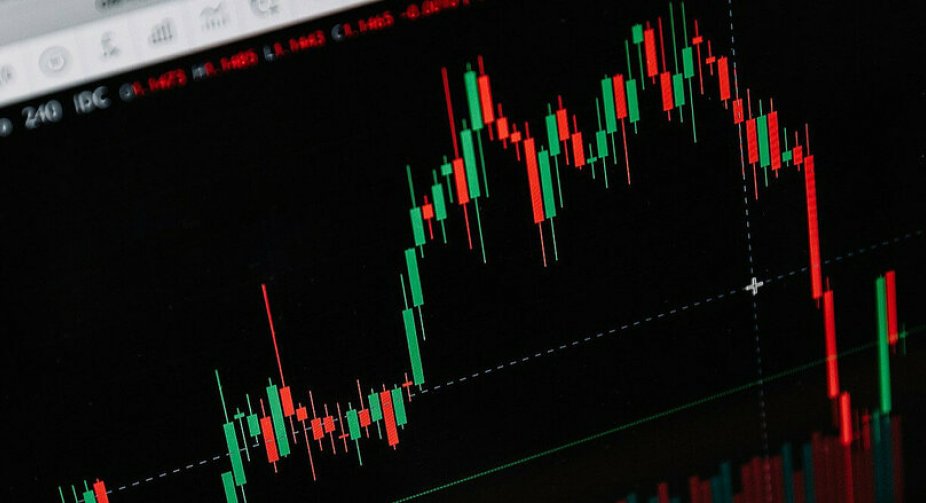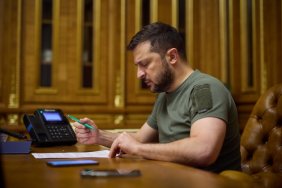Panic and despair again gripped investors in Russian assets, who until recently had believed that a military escalation scenario in Ukraine could be avoided, finanz.ru reported.
The stock market rebound on Monday morning on the news of a possible summit between President Vladimir Putin and Joe Biden was replaced by a wave of sell-offs, which by midday had reached record proportions since the start of the crisis in Donbas.
After the Kremlin did not confirm the presidents' talks, and Russia's FSB said that Ukrainian security forces were already shelling Russian territory, the RTS index collapsed 9.94%, again rewriting the record drop from the black days of March 2020.
The capitalization of the MosBeX index, which tracks the market value of the 43 largest Russian companies, collapsed by 1.05 trillion rubles in a few hours, and the index itself rewrote the minimum since December 2020.
By the end of the fifth hour of the main session, Sberbank shares had fallen more than 10% and VTB shares had fallen 8%. Both state banks are on a "black list" of potential targets for U.S. sanctions, which would include restrictions on U.S. correspondent accounts - that is, a de facto ban on dollar settlements.
Rosneft securities, which had previously held up better than the market amid seven years of record black gold prices, collapsed 10.5% amid reports that traders in Asia and Europe were beginning to postpone buying raw materials from Russia for fear of being hit by sanctions. Because of this, the discount on the Urals grade in Europe reaches $6.8 to Brent, a record level for 15 years, PSB analysts said.
Gazprom shares are down 7.7% as of 2:13 p.m., Lukoil shares are down 5.6%, and Mechel shares were down more than 13% in the moment.
The dollar rose by 1.27 rubles to 78.5750, a new high since January 27. The euro rose above Br89.1025 for the first time in a month. Yields on federal loan bonds are approaching 11% per annum.
Non-residents are getting rid of Russian securities - this is evidenced by the fact that the "explosive wave" hit the market after the opening of the European exchanges, says Oleg Syrovatkin, lead analyst at the global research department of Opening Investment.





